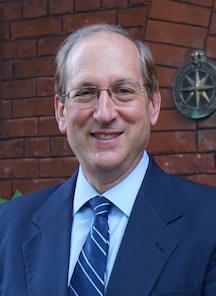Each spring, I look forward to participating in induction ceremonies of new Phi Beta Kappa members that are held at the 286 colleges and universities that shelter our chapters. There is a common thread that runs through my discussions with our new inductees, and it is a perfect rejoinder to those who question the relevance and vitality of the liberal arts and sciences.
I am inspired by the way in which new members understand how liberal education prepares them for their future, and how they reject the false dichotomy of being prepared for either a meaningful life or a productive life. They believe that their liberal arts and sciences background is essential not only for a life that has intellectual and philosophical purpose, but also for success in their careers. They are right.
Students majoring in the liberal arts and sciences see larger increases in “critical thinking, complex reasoning, and writing skills” than those in other majors, as noted in Richard Arum and Josipa Roksa’s important book Academically Adrift: Limited Learning on College Campuses. While liberal arts majors may initially earn less than others when it comes to the postgraduate career path, they close much of the salary gap over time.
By mid-careers, liberal arts majors with an advanced or undergraduate degree are employed at similar rates and earn on average more than those who studied in professional and pre-professional fields. In fact, a LinkedIn survey found that undergraduate liberal arts and sciences graduates entering the technology workforce outpaced computer science and engineering majors by 10 percent from 2010 to 2013. Many are surprised to learn the importance of a broad curriculum. One top factor associated with six-figure salaries is taking courses outside one’s major.
Liberal education prepares us for both a meaningful life and a productive life. Socrates was right: the unexamined life is not worth living. But perhaps it is also true that the unlived life is not worth examining.
Frederick M. Lawrence
Secretary and CEO




